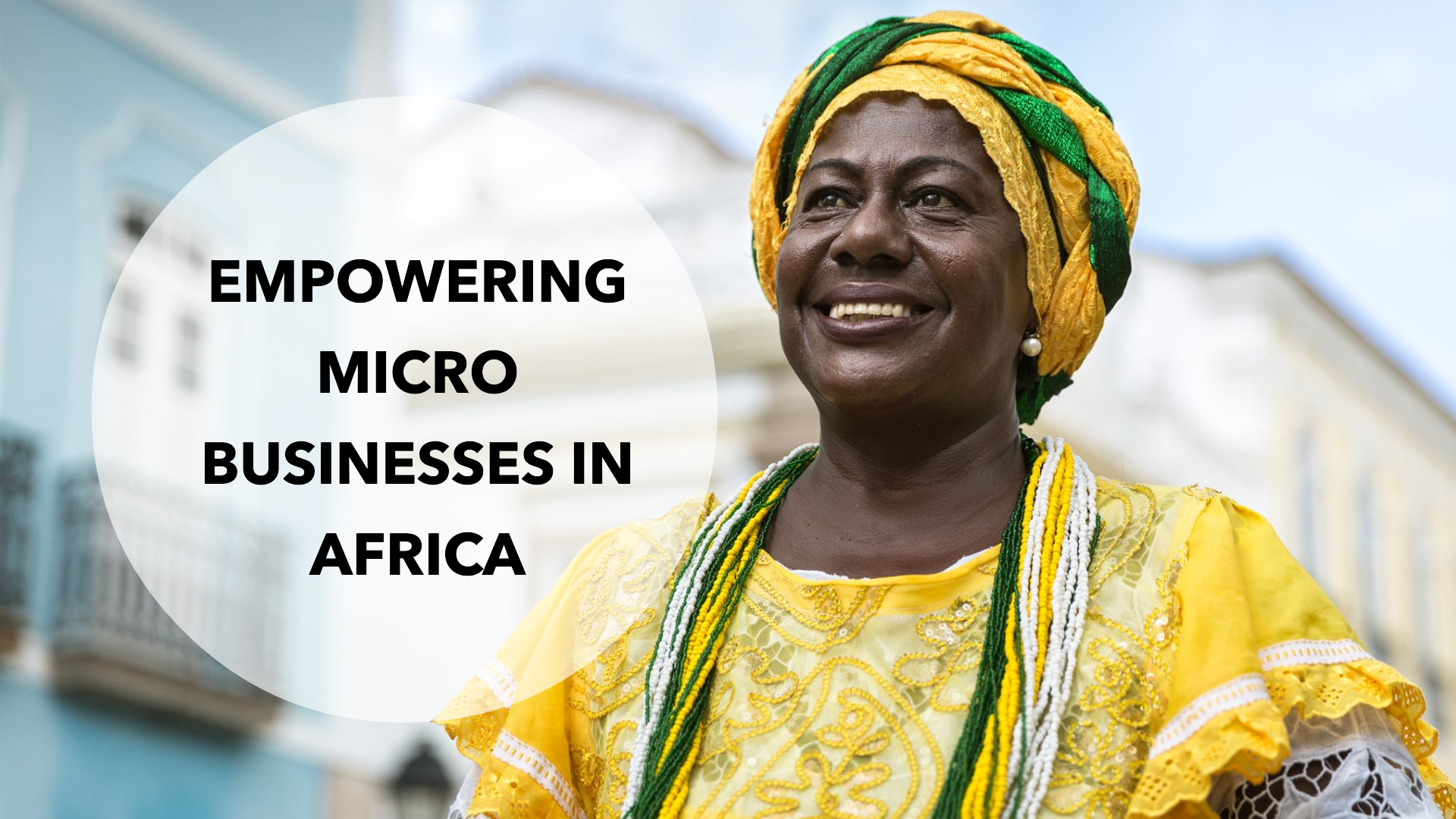Eradicating Poverty through Developing Micro Businesses in Africa
Poverty has long been one of the greatest challenges facing the African continent. With millions of people living below the poverty line, the dream of financial independence and improved livelihoods seems out of reach for many. However, there is hope, and that hope lies in the empowerment of individuals and communities through the development of micro businesses.
The Transformative Power of Micro Businesses
Micro businesses, often defined as small-scale enterprises with minimal capital investment, are the backbone of many developing economies. They create jobs, stimulate economic growth, and enable individuals to generate income independently. In Africa, where unemployment and poverty are widespread, fostering an environment where micro businesses can thrive holds the key to sustainable development and poverty eradication.
The essence of micro businesses lies in their ability to turn everyday people into entrepreneurs. A single idea, with determination and support, can grow into a source of livelihood for individuals, families, and even entire communities. From small retail shops, agricultural ventures, and local artisans, to service providers such as tailors and hairdressers, micro businesses are rooted in the needs of the local economy and offer immediate solutions.
How Micro Businesses Help Eradicate Poverty
-
Job Creation and Economic Inclusion: Micro businesses provide employment opportunities, especially in informal sectors where large corporations are absent. By creating jobs, they help reduce unemployment and provide a steady source of income for many families who would otherwise be trapped in cycles of poverty.
-
Empowering Women and Youth: Micro enterprises are often led by women and young people who, in many African communities, are marginalized economically. When women are empowered to start businesses, they not only lift themselves out of poverty but also contribute significantly to their households and communities. Similarly, equipping young people with entrepreneurial skills gives them an alternative to unemployment.
-
Localized Economic Growth: Micro businesses often source materials locally and cater to the needs of their immediate surroundings. This localized approach ensures that wealth circulates within the community, strengthening the local economy and encouraging further development.
-
Sustainable Development: Many micro businesses focus on sustainable practices, especially in agriculture and crafts. By supporting eco-friendly and resource-efficient practices, these enterprises promote long-term growth without depleting the environment, ensuring that future generations can continue to benefit.
The Role of Organizations in Supporting Micro Businesses
Organizations such as Nurturing Dreams Foundation are essential in this fight against poverty. By offering training, mentorship, and financial assistance, they equip aspiring entrepreneurs with the tools they need to succeed. These programs focus on life skills, business planning, and financial literacy—key components for any thriving business. In doing so, they foster self-reliance, reduce dependency on aid, and ignite the spark of entrepreneurship in countless individuals across the continent.
A Path to a Poverty-Free Africa
While the road to poverty eradication in Africa is long and complex, the development of micro businesses presents a viable and sustainable solution. By encouraging entrepreneurship and providing the necessary support to small-scale businesses, we can create a ripple effect that lifts communities out of poverty and leads to long-lasting economic stability.
Together, by supporting and developing micro businesses, Africa can move closer to the dream of financial independence and prosperity for all its people. Each new venture, each entrepreneur, represents hope—hope for a better future and a poverty-free continent.
References:
- United Nations Development Programme (UNDP). (2020). "Micro, Small and Medium Enterprises (MSMEs) in Africa." UNDP Report.
- World Bank. (2021). "Poverty in Africa: Global Poverty Report." World Bank Data.
